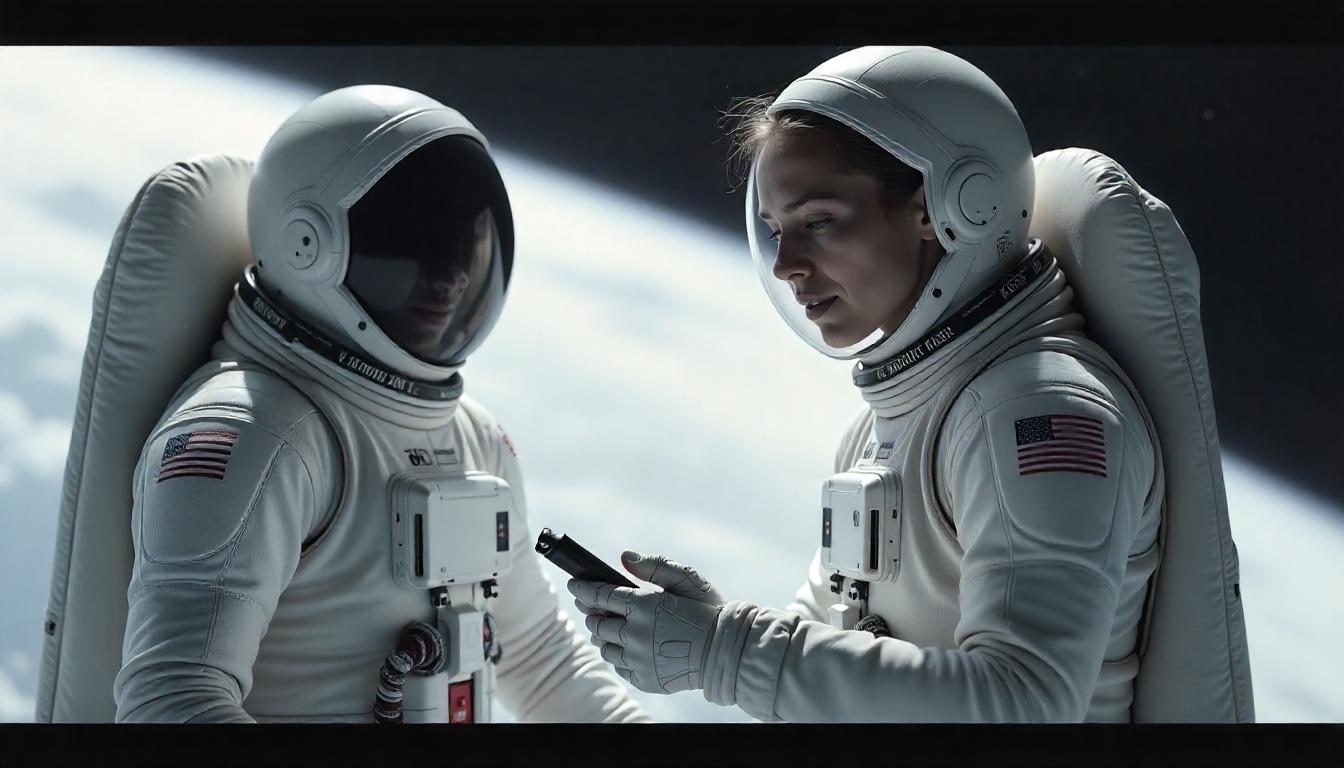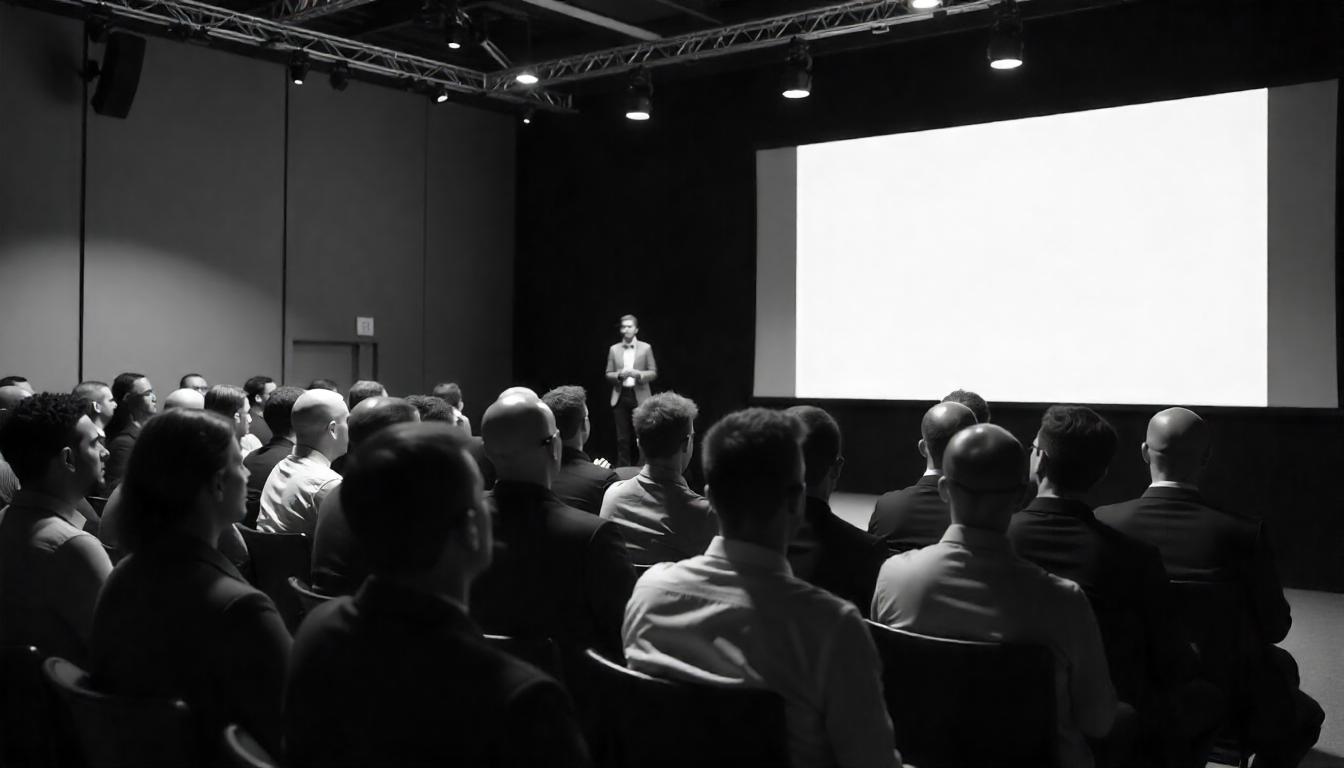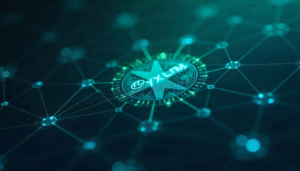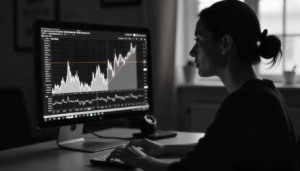Could AI Be the End of Traditional Human Employment?
Future of Work: Will AI Replace Human Jobs?
Artificial Intelligence (AI) is no longer a futuristic concept—it’s here and already reshaping the way we live and work. From automated customer service to AI-powered analytics, machines are taking on more tasks that were once performed only by humans. This rapid shift brings us to a critical question:
Is AI going to replace human jobs—or just redefine them?
AI in the Workplace: What’s Changing
AI has already made significant inroads into the modern workplace. It speeds up decision-making, boosts productivity, and handles routine tasks with precision. Industries like retail, finance, healthcare, and manufacturing are adopting AI at a fast pace.
While these advancements are impressive, they also come with growing concerns about automation displacing human workers.
Jobs Most at Risk
Not all roles face the same level of disruption. Certain types of work are more likely to be automated:
- Repetitive, Manual Tasks
Jobs that involve routine processes—like data entry, packing, basic accounting, or assembly-line work—are at the highest risk. - Customer Support Roles
AI chatbots and virtual assistants now handle large volumes of customer inquiries, reducing the need for live agents. - Transport and Warehousing
Self-driving technology and smart logistics systems may impact drivers, couriers, and warehouse staff in the years ahead.
Jobs That Will Likely Evolve—Not Disappear
Despite fears, many jobs aren’t going anywhere. In fact, AI is more likely to complement certain professions than replace them:
- Creative Careers
Writers, designers, marketers, and artists use intuition, storytelling, and emotional intelligence—traits machines can’t replicate well. - Strategic and Analytical Roles
Business consultants, researchers, and data scientists rely on big-picture thinking, something AI is still limited in handling. - People-Focused Professions
Teachers, nurses, therapists, and social workers rely heavily on human connection, empathy, and trust—areas where AI still falls short. - Tech and AI Development Roles
As AI becomes more advanced, we’ll need more engineers, ethicists, and regulators to build and oversee these systems.
A Shift, Not a Shutdown
History tells us that while technology can displace certain jobs, it also creates entirely new ones. The internet era, for instance, introduced careers in app development, social media, digital marketing, and remote tech support.
AI will likely follow the same pattern—changing how we work and opening up roles we haven’t imagined yet.
How to Prepare for the AI Era
To thrive in this new era, proactive adaptation is key. Here’s what individuals and organizations can do:
- Invest in New Skills
Upskilling and reskilling in areas like AI, coding, communication, creativity, and leadership will be crucial. - Embrace Lifelong Learning
Stay flexible. The ability to learn, unlearn, and relearn will become one of the most valuable career traits. - Support Workforce Transitions
Governments and companies should develop programs to help workers move into emerging roles and industries.
Human + Machine: A Powerful Partnership
AI might change what we do, but it won’t replace who we are. Humans bring judgment, ethics, creativity, and emotional depth—qualities that are difficult, if not impossible, for machines to mimic.
The future of work is not about man versus machine. It’s about man working with machine. Those who adapt and innovate will not only survive but thrive.
So, will AI replace human jobs?
Some—yes. But it will also transform the workforce, unlock new career paths, and elevate the value of truly human skills.
Share this content:













